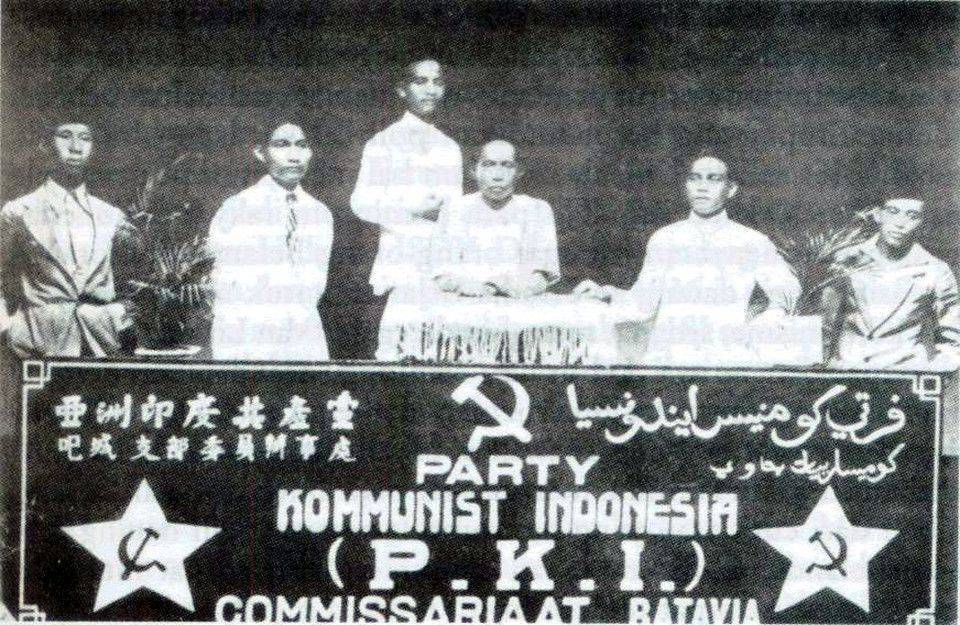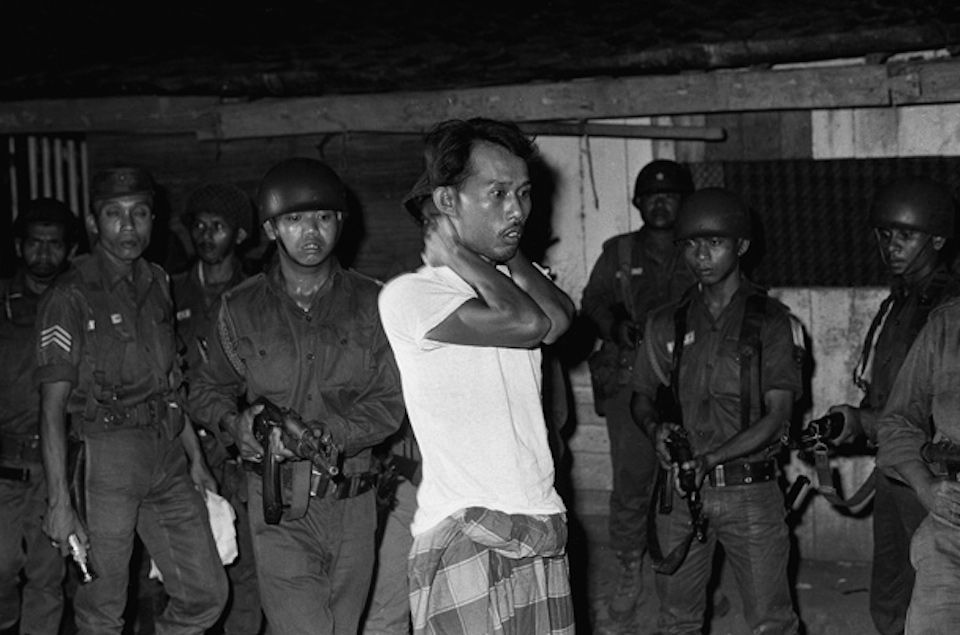The Oscar-nominated movie by Joshua Oppenheimer puts on stage the psychoanalysis of a genocide.
When I finally exited from the cinema I was nearly throwing up. I couldn’t stand, I had to walk. “The act of killing” had been a punch in my stomach. It’s probably the most powerful documentary I’ve seen in the last couple of years. At the very beginning I thought that the effect obtained by the movie was determined by the terrible story that it tells (like it happened to me after the screening of “S-21 The Khmer Rouge killing machine” by Rithy Panh). “The act of killing” is about the extermination of nearly two millions of Indonesian communists and dissidents during Suharto coup in the late 60s. The killers are old but still powerful. Some of them accept the invitation of the director, Joshua Oppenheimer, and organize a sort of b-movie where they put on stage their obscene job as killers. They consider themselves as gangster, free men that fought a war. The party they worked for as paramilitary is still in power and consider them as heroes. They are not scared by the camera of Oppenheimer, they are not shy. They show everything: how they tortured, how they interrogated, how they killed. They are not afraid of the International Criminal Court in The Hague, of the sons and daughters of the communists they killed. You need to be strong while watching this movie.
But the day after the screening I realized that I was so impressed not (only) by the story. It was not the political and humanitarian aspects of the film that knocked me out. It was not the monstrous genocide (in a way approved by the international establishment) that made me feel so stoned. There are two aspects of this film that go far beyond the line of the “already seen and told”. While producing the documentary, Oppenheimer interacted with the perpetrators for a long long time. He was there watching and listening to the unbelievable description of their crimes. He for sure hated what they did and he didn’t approve in any way the foolish re-enacting the killings. How could he resist? How could his own integrity and ethics survive to such an exposure to Evil? How could he not go crazy? So what happens to us as spectators is to empathize with Joshua and his troupe. We become one of them and we fight with all our own ethical and social structure in order to preserve our identity. We detest all the characters that appears in the film not because they are monsters but because they are old people chatting with us. We survive because Oppenheimer survived.

The second aspect is the psychoanalytic process that the persecutors decide to undergo. Perhaps they know nothing about psychoanalysis, or at least they do not call it by that name, but what happens on the screen is exactly a process of analysis. The persecutors want to free themselves by the never told remorse. They want to be forgiven, to be accepted by the people they killed. They want the communists to say that they were right, they killed because it was necessary. In a scene under a waterfall an actor disguised as a dead communists gives a medal to his killer. Normally psychoanalysis happens behind a closed door, the ghosts and unveiled secrets of one’s mind come out in private spaces. It is impressing to watch such a process on a huge screen, it is impressive to see how the old guys want to wash their souls, want to kill their ghosts after having killed two millions people. Psychoanalysis is a dangerous method and that’s why we feel unsafe while we go deeper into it. Psychoanalysis is the core of 20th century civilization. And so is genocide.
Acknowledgements
Images credits. Cover: November, 1965: A suspected communist sympathizer is questioned at gunpoint in Jakarta. (C) BETTMANN / CORBIS. Source: time.com Above: PKI Commissariate Batavia (1925), from Wikipedia.
